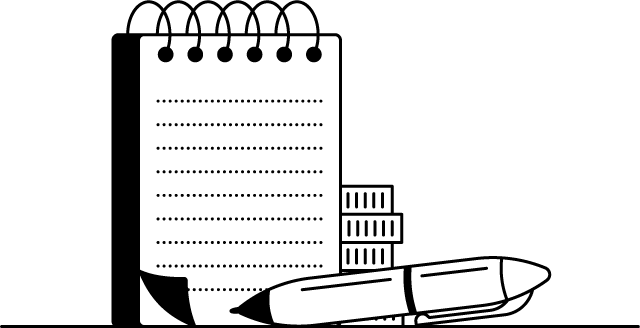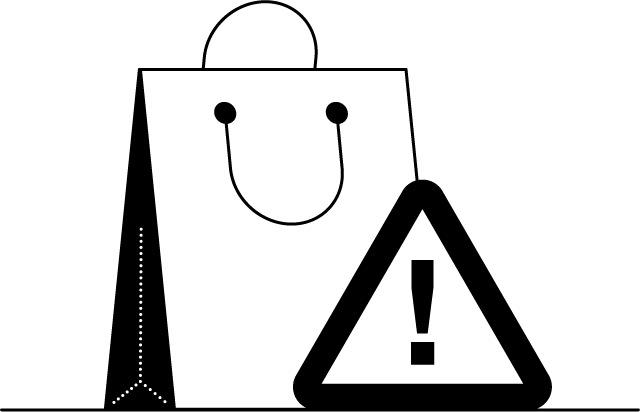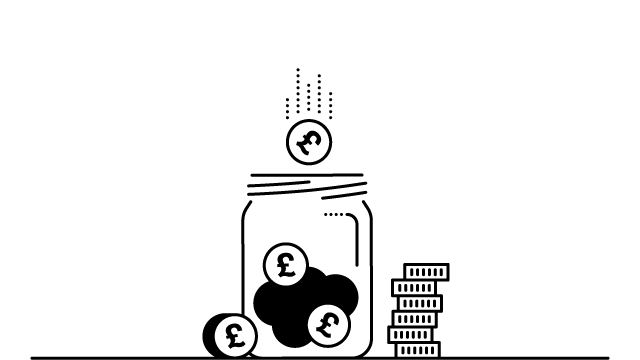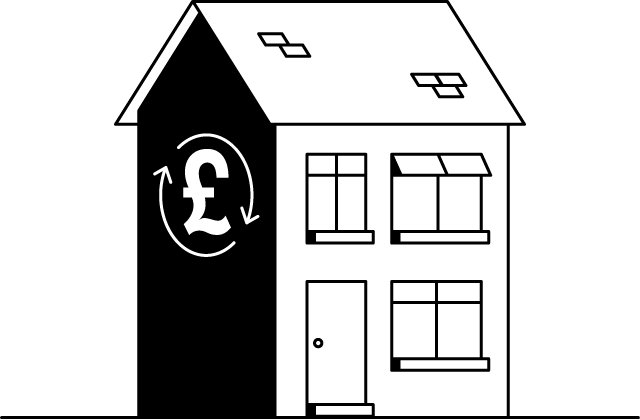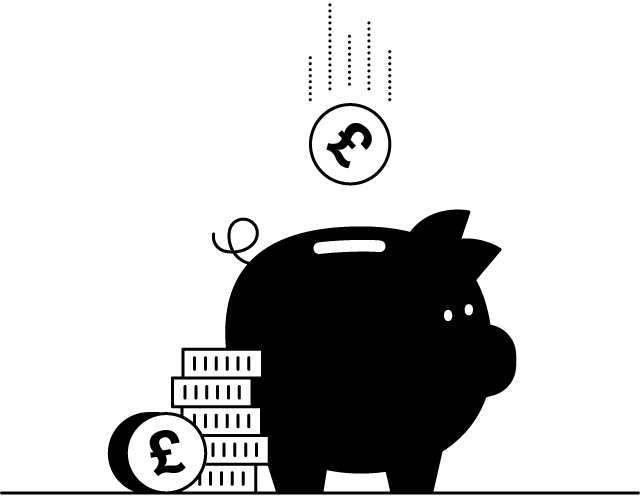5 tips that could help you save for a deposit
Here are some practical ways to keep your savings/deposit growing without stretching yourself too thin.
You might also like
The cost of buying a house
Whether you’re a first timer or you’re buying again and need a reminder, this guide includes some of the common fees you might encounter.
Where do I start my house hunt?
There are plenty of ways to search for a house – from looking in the windows of the local estate agents to going to the auctions. Here’s a rundown to help you find your dream home.
Looking for a mortgage?
Whether you're a first-time buyer or looking to remortgage, our mortgage calculator is here to make things easier for you. Learn how much you could borrow, view potential mortgage rates and see how changes to your mortgage could affect your monthly repayments.
What can I afford?
As a first time buyer, you might be wondering how much you can borrow. But it is also worth thinking about how much you can comfortably afford.
